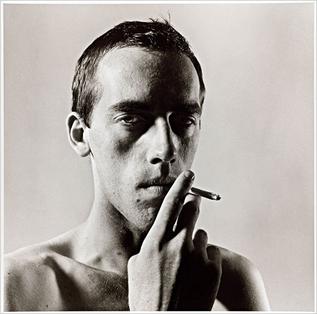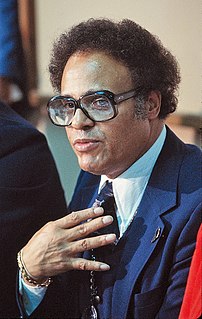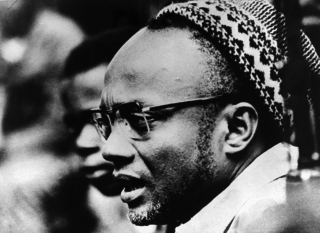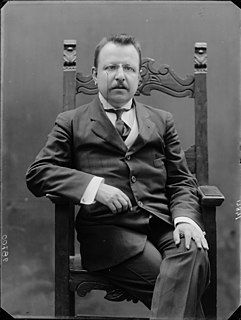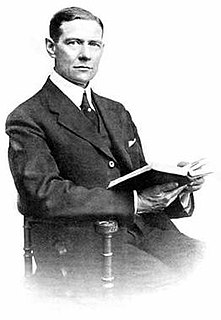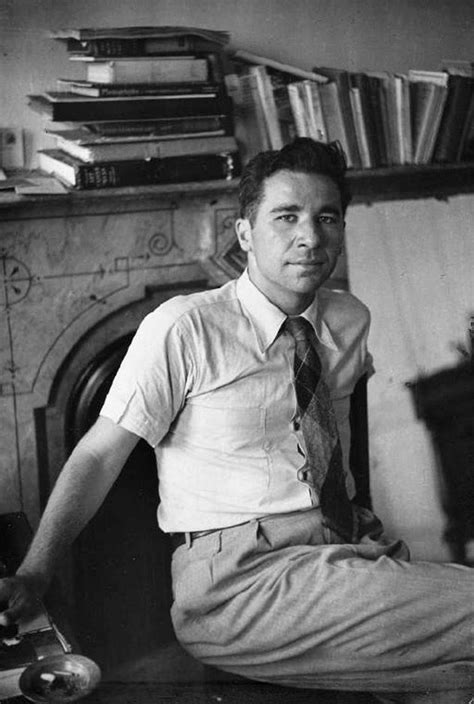Top 1200 English History Quotes & Sayings - Page 16
Explore popular English History quotes.
Last updated on April 19, 2025.
Human history has become too much a matter of dogma taught by 'professionals' in ivory towers as though it's all fact. Actually, much of human history is up for grabs. The further back you go, the more that the history that's taught in the schools and universities begins to look like some kind of faerie story.
I think that if you are sticking to the text, essentially, you're not trying to write your own version of it. I mean, of course, it is your own version of it. And every translator would probably have a different version. But I think that that's what keeps the writers from being individual in English. They may be my English, but I don't think that Ferrante sounds like Levi.
I acknowledge Mike Leigh and Ken Loach. They are prostlytizers of English socialism preaching to the converted and telling us what we already know. Cinema is best served away from documentary neo-realism. I come from a tradition of post-post-Italian neo-realism in England, where we've produced the best television in the world. But to paraphrase Truffaut, the English have no visual imagination.
From the Latin word "imponere", base of the obsolete English "impone" and translated as "impress" in modern English, Nordic hackers have coined the terms "imponator" (a device that does nothing but impress bystanders, referred to as the "imponator effect") and "imponade" (that "goo" that fills you as you get impressed with something - from "marmelade", often referred as "full of imponade", always ironic).
Being someone who had had a very difficult childhood, a very difficult adolescence - it had to do with not quite poverty, but close. It had to do with being brought up in a family where no one spoke English, no one could read or write English. It had to do with death and disease and lots of other things. I was a little prone to depression.
You will hear people say the C-word. Except, it's a regional language: in British English, c - t has much less of an inflammatory sense than it does in North American English. You can hear someone on British TV called "a c - ting monkey" or a man being called a c - t. The particular fascination of profanity is how culturally specific it is and how it evolves.
Shakespearean words, foreign words, slang and dialect and made-up phrases from kids on the street corner: English has room for them all. And writers - not just literary writers, but popular writers as well - breathe air into English and keep it lively by making it their own, not by adhering to some style manual that gets handed out to college Freshmen in a composition class.
History isn't like that. History unravels gently, like an old sweater. It has been patched and darned many times, reknitted to suit different people, shoved in a box under the sink of censorship to be cut up for the dusters of propaganda, yet it always - eventually - manages to spring back into its old familar shape. History has a habit of changing the people who think they are changing it. History always has a few tricks up its frayed sleeve. It's been around a long time.
The embrace of present and past time, in which English antiquarianism becomes a form of alchemy, engenders a strange timelessness. It is as if the little bird which flew through the Anglo-Saxon banqueting hall, in Bede's Historia Ecclesiastica Gentis Anglorum, gained the outer air and became the lark ascending in Vaughan Williams's orchestral setting. The unbroken chain is that of English music itself.
I remember reading 'The Grapes of Wrath' in high school in 1983. My family had immigrated to the U.S. three years before, and I had spent the better part of the first two years learning English. John Steinbeck's book was the first book I read in English where I had an 'Aha!' moment, namely in the famed turtle chapter.






